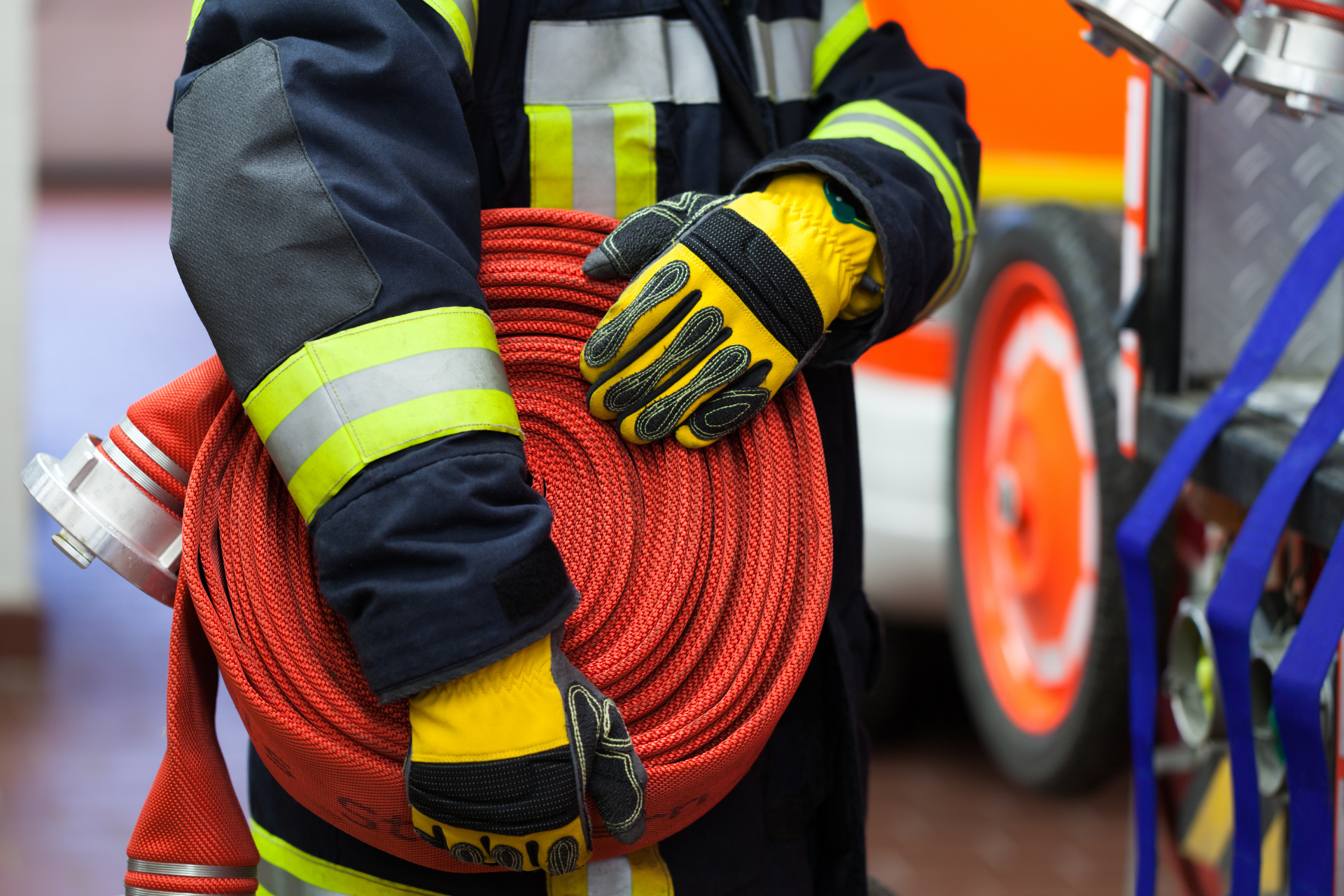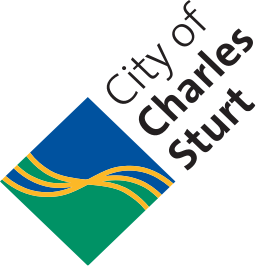
Urban fires can be caused maliciously, by accident, or as the result of an unforeseen ignition.
The most common cause of fire in the home is cooking. However, all causes can be just as deadly.
As the City of Charles Sturt has a hot, Mediterranean-style climate, the region experiences days of extreme fire danger every summer and large fires have been recorded in the region even as early as the late 1800s.
The City of Charles Sturt has many industrial areas which also carry a real threat of explosion and fire risk. These risks mean there could be displacement from homes, many casualties and loss of life.
While Bushfires are not an immediate threat to our City specifically, all South Australians have a part to play in managing the risk of bushfires. You can have your say on the key priorities for bushfire management in South Australia to build a safer, better prepared and more resilient state.
Individuals should be aware of their own risks regarding fire. You should actively plan and prepare for protecting your own life and property.
Preparing for a fire
- Understand your risk
- Put together an emergency kit and have an emergency plan
- Practice your plan
- Make sure everyone in your house knows the plan
- Follow advice from emergency services when responding to warnings
Practice good safety in your home
- Install smoke alarms
- Follow kitchen safety rules
- Maintain your BBQ and don’t use it on fire ban days
- Maintain your home for electrical safety
- Store flammables properly
- Do not skip chimney maintenance
- Landscape and water your garden
- Take great care if welding or grinding (especially on fire ban days)
- Maintain your vacant block
- Build to Australia’s Building Codes
The MFS and CFS, monitor and report on fires within South Australia.
If you discover a fire report it immediately, follow advice given by the emergency services.
To report an emergency or life-threatening situation call 000 (triple zero)
Follow your escape plan and exit the house use the route with the least smoke and heat
- When there is smoke, always crawl low to get under the smoke
- Consider two means of escape from each room
- Provide alternatives for anyone with a disability
- Close internal doors (if safe to do so) to prevent fire and smoke from spreading
- Once out, STAY OUT, never go back inside a burning building
- If you know how to use a fire extinguisher and have a clear exit path behind you, extinguish the fire
- Never put water on a grease or electrical fire
- Check yourself and others for injury
- Do not move a seriously injured person unless they are in immediate danger
- For life-threatening injuries call 000 (Triple zero)
Check your environment
After escaping a fire, your surroundings may have changed:
- Check your property and utilities for damage
- Take any immediate action to prevent further injury
- Do not wait for an official warning before moving to a safe place
- Evacuate if necessary if the building is severely damaged, get out straight away
- Clear hazards such as broken glass and objects in your way
Check with the Metropolitan Fire Services (MFS) to ensure your home or business is safe to enter before you begin to assess the damage. The Fire Officer in charge should be able to tell you if it is safe to stay or not.
In some situations, it may be necessary for the Officer to call a council building inspector to assess the safety of the building. If this is the case, please do not stay in the property until the inspector has been to visit.
Cleaning up
Smoke and water can damage your house and contents. You should arrange for a specialist companies for cleaning, salvage and removal of damaged items and materials. You are also able to arrange for if needed. Some items to note after a fire:
- Open windows to ventilate areas. Dry wet items as soon as possible
- Wear rubber gloves when cleaning soot damage
- Electrical appliances exposed to fire or water will need to be checked
- You are still responsible for the security of the property
- You may need to shutter and/or temporary fence to secure your home
- Your insurance company may be able to help with the cost of securing your property
If you leave the property, it is recommended you take the following items:
- Identification – driver’s licence, Medicare card, passport
- Insurance contact details and policies
- Credit cards, cheque books
- Medicines and prescriptions (any exposed to heat and smoke should be disposed of)
- Personal aids – mobility aids, glasses, hearing aids, etc
- Valuables – personal items such as jewellery, photographs, cash, laptops, etc
- Legal documentation
- Car keys and house keys
- Mobile phone and charger
